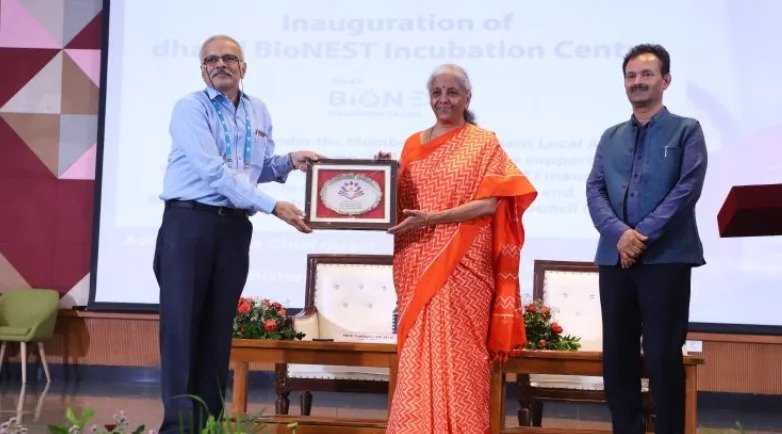Carthera closes €37.5M Series B funding round
New funds will help launch pivotal multicenter trial in patients with recurrent glioblastoma and advance clinical pipeline

Carthera, a spin-off from Sorbonne University and developer of SonoCloud, an innovative ultrasound-based medical device to treat a wide range of brain disorders, today announces the successful closing of its €37.5M ($40M) Series B financing round. A prominent (undisclosed) investor led the round, alongside the European Innovation Council Fund (EICF) and historic investors, including Panakès Partners, Relyens Innovation Santé (Turenne Santé) and Supernova Invest with its Supernova 2 fund.
Carthera will use the proceeds to launch the first pivotal multicenter trial with its SonoCloud technology. These funds will also enable it to continue developing its clinical pipeline and technology.
Currently, Carthera is in the process of submitting its registration trial in recurrent glioblastoma (GBM) to the US Food and Drugs Administration (FDA) and EU competent authorities. The study will be an international, multicenter, two-arm clinical trial randomized with a 1:1 ratio. It will be an open-label, comparative pivotal trial evaluating the clinical benefit, in terms of overall survival, of the SonoCloud-9® system, when used to open the Blood Brain Barrier (BBB) after carboplatin chemotherapy administration. This will be compared to the standard of care (lomustine and temozolomide) in patients with first recurrence of GBM.
In parallel, the company will continue developing its SonoCloud technology platform in brain oncology and neurodegenerative indications.
Having treated more than 100 patients in Europe and the US with the SonoCloud system, with almost 500 treatment procedures performed, for Carthera to be able to continue exploring the benefit of opening the BBB by ultrasound with the financial support of renowned investment funds is a great achievement. Together with Professors Roger Stupp, Ahmed Idbaih and Adam Sonabend, we are very positive about the upcoming clinical trials. We firmly believe that the SonoCloud system can improve treatment options for patients, said Professor Alexandre Carpentier, head of the neurosurgery department at AP-HP Sorbonne University, inventor of the SonoCloud and founder of Carthera.
Carthera’s SonoCloud is an implantable ultrasound device that temporarily opens the BBB on demand. Its excellent feasibility and safety profile has been proven with multiple therapeutic agents in repeated sonication procedures. The recent publication by a team of Northwestern researchers (Chicago, Illinois) in Lancet Oncology demonstrated the ability of SonoCloud-9 to substantially increase the penetration of therapeutic molecules in the brain. Another publication, currently under review, will present the potential increase in survival due to better chemotherapeutic efficacy in the treatment of brain tumor patients, when used concomitantly with BBB opening with the SonoCloud. These encouraging results translate into excellent motivation among clinical investigators for ongoing and upcoming studies.
We are pleased to continue supporting Carthera in its next step towards its first pivotal trial in recurrent glioblastoma, since the initial results have been very positive in this indication,” said Diana Saraceni, founder and managing partner at Panakès. “We also believe its ultrasound-based platform technology has the potential to address many of the most challenging therapeutic indications in the neurodegenerative field. We are very proud to be part of this journey.
We are delighted with the outcome of our Series B funding round. The company is now in a strong position to launch an ambitious phase 3 trial and pursue the evaluation of its SonoCloud technology in multiple clinical indications,” said Frédéric Sottilini, CEO of Carthera. “In the next few years we are aiming at first market approval for our SonoCloud-9 device for the treatment of recurrent glioblastoma and we are eager to pursue the development of our proprietary platform technology in other brain diseases with significant unmet needs.
Published on : 27th June, 2023
BIO-TECH
-
IHH Healthcare and Fortis launch ‘IHH Catalyst’ to strengthen India’s healthcare innovation ecosystem 11th February, 2026

-
Venture Center receives ATF 2025 Honour for supporting assistive technology innovations 24th November, 2025
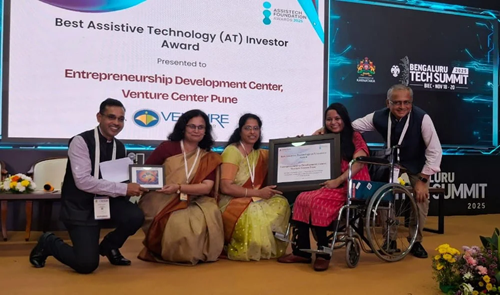
-
Vaidam Health and Vanuatu's Ministry of Health ink MoU to strengthen cross-border healthcare access 20th November, 2025
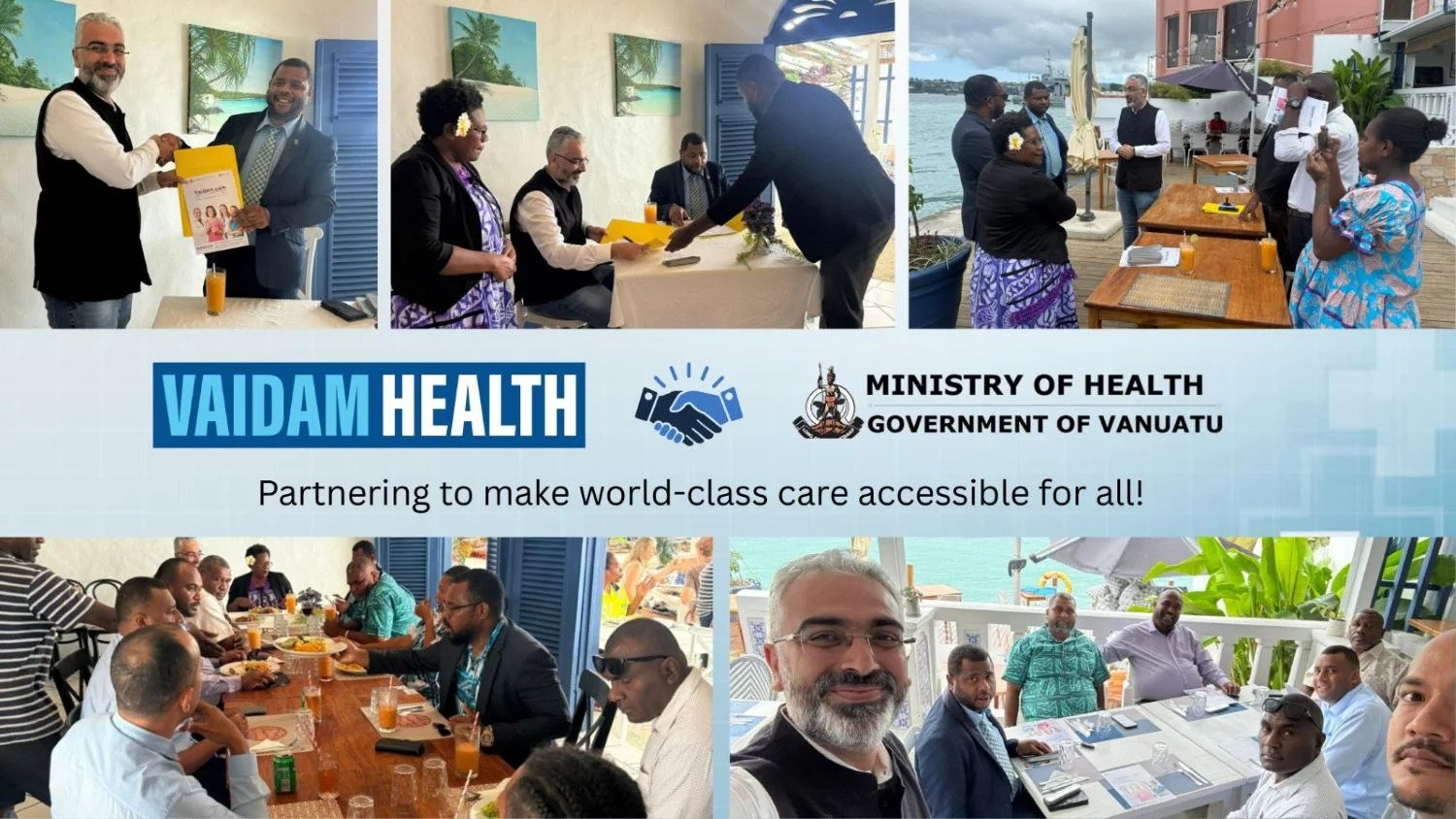
-
Whale Tank Biocatalysts hosts Startup-Investor Meet WT 3.0 in Hyderabad 17th November, 2025
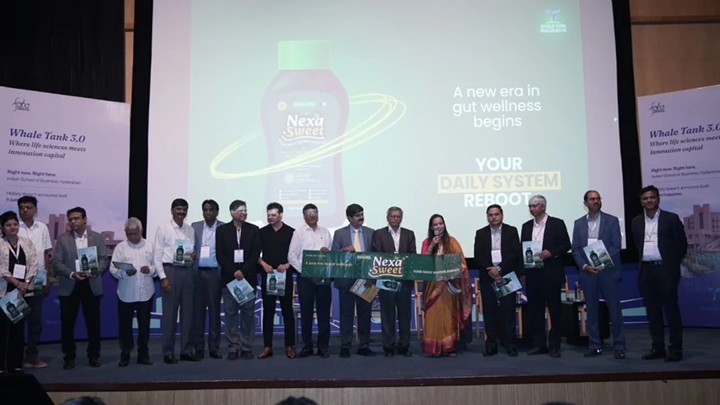
-
BTS 2025 to host India’s largest entrepreneurship platform “Future Makers Conclave” on Nov 20 06th November, 2025
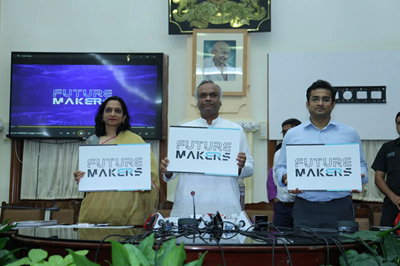
-
Bessemer Venture Partners leads Rs 125 Cr Series A funding in fertility startup Pluro 04th November, 2025

-
dhaRti BioNEST Incubation Centre opens at Indian Institute of Technology (IIT) Dharwad 15th October, 2025
